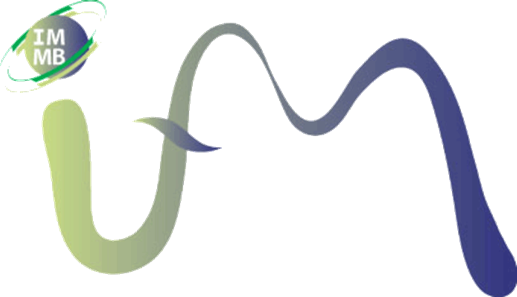Microbial Polythiosters
 This project deals
with the metabolism and biodegradability of polythioesters (PTE), which
represent an only recently discovered novel class of biopolymers, in
which mercaptoalkanoic acids are linked by thioester bonds and which are
synthesized by unspecific polyhydoxyalkanoate (PHA) synthases.
This project deals
with the metabolism and biodegradability of polythioesters (PTE), which
represent an only recently discovered novel class of biopolymers, in
which mercaptoalkanoic acids are linked by thioester bonds and which are
synthesized by unspecific polyhydoxyalkanoate (PHA) synthases.
PTEs are synthesized from various organo-sulphur compounds (OSC) by PHA-synthesizing bacteria like Ralstonia eutropha. Very little is known about the microbial catabolism of these OSCs, and only few of them were already utilized for production of PTEs.
One part of this project will investigate the catabolism of OSCs relevant for PTE biosynthesis and identify and characterize the respective enzymes and genes. Since OSCs occur also in marine habitats and as intermediates during degradation of herbicides, and since some OSCs are important flavour compounds in fermented food, the knowledge revealed by these studies will have further impacts. These studies will enhance our knowledge about the metabolism of such compounds.
A second part of this project will utilize the revealed knowledge to improve existing and establish novel production processes for PTEs. This will also provide the basis for metabolic engineering of PTE biosynthesis pathways from central intermediates of carbon and sulphur metabolism.
After having obtained preliminary evidence that PTEs are not degraded by PHA depolymerases, a third part of this project aims at isolating PTE degrading bacteria from natural habitats and at identifying and characterizing the enzymes responsible for biodegradation.

